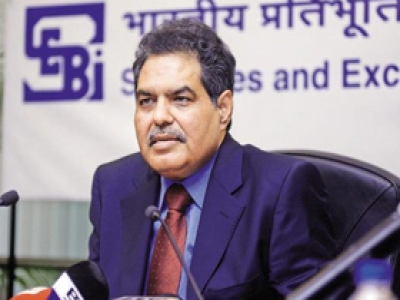At a time when credit quality concerns have heightened among debt fund investors, SEBI Chairman Ajay Tyagi has said that illiquidity in the corporate bond market has hit mutual funds the most.
Pointing out the challenges of managing debt funds, Tyagi said, “In the secondary bond market, only MFs are the active players. They constantly churn portfolios for their operational requirements. Naturally, illiquidity in the bond market hits them the most. The need for having more players including institutional investors is apparent."
At FICCI's 17th Annual Capital Market Conference, the SEBI Chairman acknowledged the need to develop the corporate bond market across the rating curve. He said that the corporate bond market in India is largely restricted to top rated bonds in India and nearly 95% of the bond trading happens in top rated corporate bonds. By comparison, in the US, 75% of the corporate bond trading happens in below AA rated papers.
Tyagi said, "There is a dire need to move down on the rating curve."
Further, Tyagi called for unification of the corporate bonds market with the government securities (G-sec) market.
He said that the pricing of corporate bonds is benchmarked typically to g-secs of the corresponding maturity. And since trading in g-sec is concentrated to 7-10 years maturity buckets, it affects the pricing of corporate bonds.
Therefore, the market infrastructure for corporate bonds and g-sec should be integrated. Tyagi added, “Having two separate ecosystems results in artificial segmentation of investors and divergent governance. Regulatory norms for institutions in both the markets perform in similar fashion. Hence, market infrastructure dealing in two types of securities should follow the same rules and regulations."







